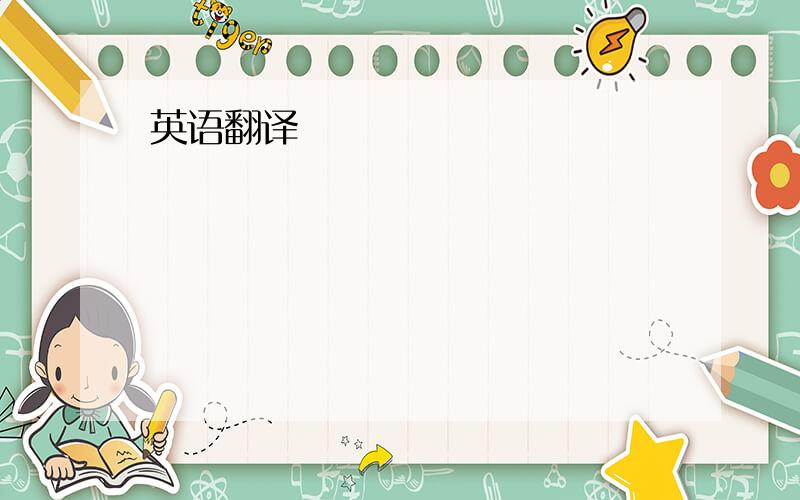英语翻译
来源:学生作业帮助网 编辑:作业帮 时间:2024/11/26 03:36:07

英语翻译
英语翻译

英语翻译
根据「科学与教育进展基金会」在《国际职业保健与环境卫生杂志》的2001年的研究,美国的公司每小时出口45吨农药到其他国家,包括含剧毒的化学品,如甲草胺、氯丹、七氯和嗪草酮.美国于10至20年前已禁止使用氯丹和七氯作为农作物的杀虫剂或于住宅区范围. 不过,报道在1997年,伟世科化工仍在生产氯丹和七氯作出口用途.他们这些出口的化学品是用在非洲的道路上、喷在澳大利亚和远东国家的住宅区,以及用在南美的农作物上.于1997年和2000年间,美国公司出口约6千5百万磅农药,而在美国这些农药已被禁用或严格限制——包括敌菌丹、氯丹、工业品异丙三唑硫磷、久效磷、和灭蚁灵——每天约30吨,世界卫生组织已将这些农药列作极危险农药.每隔一小时,美国公司就出口约16吨已知或怀疑致癌症的杀虫剂.这些农药有60%是运往发展中国家作农业用途.在发展中国家,有超过75%的农业劳工是儿童,包括在非洲有8千万,在亚洲有1.52亿,而在拉丁美洲有1千7百万.在他们作业的农田、饮用的水,以致自己身上的衣服,每天接触到美国的农药.在发展中国家农民将贴上“有毒”标签的农药倒入无标签的小容器中(以瞒天过海),然而其中有许多在发展中国家的工人根本是就文盲.
1. 虽然这些农药在美国已被禁止,但在发展中国家尚未被禁止,像伟世科这样的美国公司,有义务停止向发展中国家出售这类农药吗?
2. 像伟世科这样的美国公司,有义务停止出口怀疑致癌的化学品吗?
3. 确保发展中国家的人民不受这些出口农药所危害是谁的责任?
~~~~~~~~~纯人手翻译,欢迎采纳~~~~~~~~~
原文如下:
According to a 2001 study by the Foundation for Advancements in Science and Education in the "International Journal of Occupational and Environmental Health", U.S companies export 45 tons of pesticides per hour to other nations, including highly toxic chemicals such as alachlor, chlordane, heptachlor, and metribuzin. The United States banned the use of chlordane and heptachlor as an insecticide on crops or around residences 10 to 20 years ago. Velsicol Chemical Corporation, however, reported in 1997 that it was still manufacturing chlordane and heptachlor for export. It exported these chemicals to Africa for use on roads, to Australia and Far Eastern countries to spray in residences, and to South America to use on crops. Between 1997 and 2000, U.S. companies exported about 65 million pounds of pestiicides that are banned or severely restricted in the United States - including captafol, chlordane, isazofos, monocrotophos, and mirex - and about 30 tons a day of pesticides the World Health Organization classifies as extremely hazardous. Every hour U.S. companies export about 16 tons of pesticides known or suspected to cause cancer. Sixty percent of these pesticides are shipped to developing nations for use in agriculture. Over 75 percent of working children in developing nations work in agriculture, including 80 million in Africa, 152 million in Asia, and 17 million in Latin America. They are exposed daily to U.S. pesticides in the fields, in their drinking water, and on their clothes. Farmers in developing nation pour pesticides labeled "poison" into small containers without labels, which many workers in developing nations cannot read anyway.
1. Does an American company like Velsicol have any obligation to refrain from selling pesticides that are banned in the United States to developing nations where they are not banned?
2. Does an American company like Velsicol have an obligation to refrain from exporting chemicals that are only suspected of causing cancer?
3. Whose responsibility is it to ensure citizens of developing nation are not harmed by exports of pesticides?